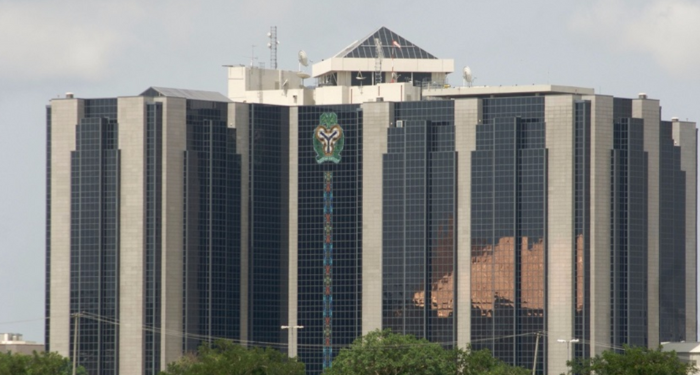The Central Bank of Nigeria (CBN) has issued a fresh directive instructing banks operating under regulatory forbearance to suspend dividend payments, defer bonuses for executives, and halt investments in foreign subsidiaries or offshore ventures.
This temporary suspension, according to the CBN, is part of a broader strategy to reinforce capital buffers, improve balance sheet resilience, and ensure prudent capital retention within the banking sector.
The directive applies specifically to banks currently benefitting from forbearance in relation to credit exposures and Single Obligor Limit (SOL) breaches conditions that suggest potential stress in the affected institutions.
What the CBN is saying
The directive of the central bank stated that the suspension will remain until it is able to independently verify the capital adequacy of the banks.
“This temporary suspension is until such a time as the regulatory forbearance is fully exited and the banks’ capital adequacy and provisioning levels are independently verified to be fully compliant with prevailing standards. This supervisory measure is intended to ensure that internal resources are retained to meet existing and future obligations and to support the orderly restoration of sound prudential positions.”
Thus, based on the directive, affected banks under regulatory forbearance must:
- Suspend all dividend payments to shareholders.
- Defer bonuses to directors and senior management staff.
- Refrain from new investments in foreign subsidiaries or offshore ventures.
These restrictions will remain in place until the affected banks fully exit the forbearance regime, and only after their capital adequacy and provisioning levels are independently verified to meet prevailing regulatory standards.
Why is the CBN doing this?
Nairametrics analysts suggest the CBN appears to be signaling a shift from relief to discipline.
The Nigerian banking sector is currently undergoing a major recapitalization push, with new capital thresholds set to be implemented in phases up to 2026.
Thus, the move indicates the need for capital preservation, especially in light of FX volatility, inflation, and exposure to risky sectors.
Not the first move by the CBN
This is the latest in a series of increasingly tight controls by the apex bank aimed at reining in excessive risk-taking and capital mismanagement by banks.
- Back in April 2022, the CBN extended interest rate forbearance on loans by an additional year, a move designed to ease pressure on borrowers during COVID-19 recovery, but it also left banks exposed to heightened credit risks without immediately recognizing potential losses.
- By September 2023, the CBN issued a circular prohibiting banks from using gains from FX revaluation for dividends or other capital expenditures, directing that such revaluation profits should be warehoused in a “Special Regulatory Reserve” until further notice.
- In a follow-up in March 2024, the CBN doubled down on this position, warning banks against paying dividends using FX gains, especially given the temporary and volatile nature of such windfalls. It advised banks to retain the funds to boost their capital positions and better absorb shocks from the unification of Nigeria’s multiple exchange rates.
This latest directive now expands the restriction, not just to how profits are used, but who can receive them and where they can be invested.















What banks are affected by this forbearance stuff?
Join I am open account